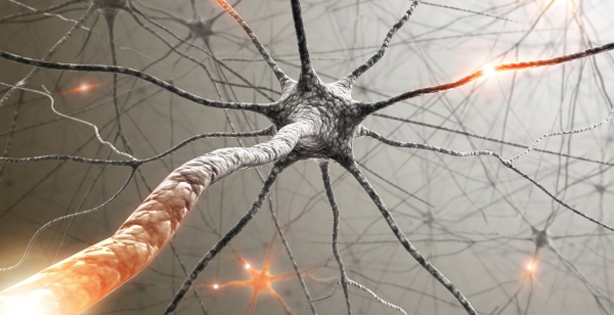
New research mapping the activity of serotonin in the brain could revolutionize the treatment of depression, a debilitating mental illness affecting an estimated 350 million people around the world, including 3.3 million in the United States.
According to the Centers for Disease Control and Prevention, approximately 10 percent of American adults, and as many as 25 percent of middle-aged women, are taking antidepressants, most of which work by targeting serotonin receptors in the brain. While scientists have long known that serotonin — a brain chemical involved in the regulation of mood, sleep, sexual desire and social behavior — likely plays a role in mood disorders like anxiety and depression, startlingly little is known about how it actually works.
The most commonly-prescribed antidepressants, selective serotonin reuptake inhibitors (SSRIs), target neurotransmitters, preventing the reabsorption of serotonin. This changes the balance of serotonin, helping brain cells to send and receive messages, and in turn boosts mood. While SSRIs can help boost mood for many users, they can also have serious side effects, including nausea, sexual dysfunction and insomnia. More troublingly, antidepressants are only estimated to be effective for roughly half of the patients who take them.
Now, in an effort to better understand the workings of serotonin, scientists at Johns Hopkins Brain Science Institute are seeking to create a “serotonin map of the brain” with the hope of improving the efficacy of antidepressants and reducing common side effects, The Guardian reported.
Currently, most antidepressants operate broadly on the serotonin across the brain, rather than targeting the chemical in specific brain areas associated with mood and various emotions. According to the project’s leader, Dr. Jeremiah Cohen, these pharmaceuticals are limited by our lack of knowledge about the workings of serotonin.
“We are working with a blunt system and we need to refine it,” Dr. Cohen told The Guardian.
Dr. Cohen’s team will begin by studying serotonin neurons in mice while they are performing reward-and-punishment tasks. The researchers will monitor the mice’s behavior during the tasks, and map the neurons that are participating in responses that give rise to the behavior. They will then determine the behavioral responses that share commonalities with human responses during these same tasks.
“The ultimate aim is to understand the biology of mood and how groups of cells in the brain connect to produce our emotional behavior,” Dr. Cohen said. “What we hope to do with this map is use drugs that are available or design new drugs that will target only the components of that system relevant to a particular disorder.”
